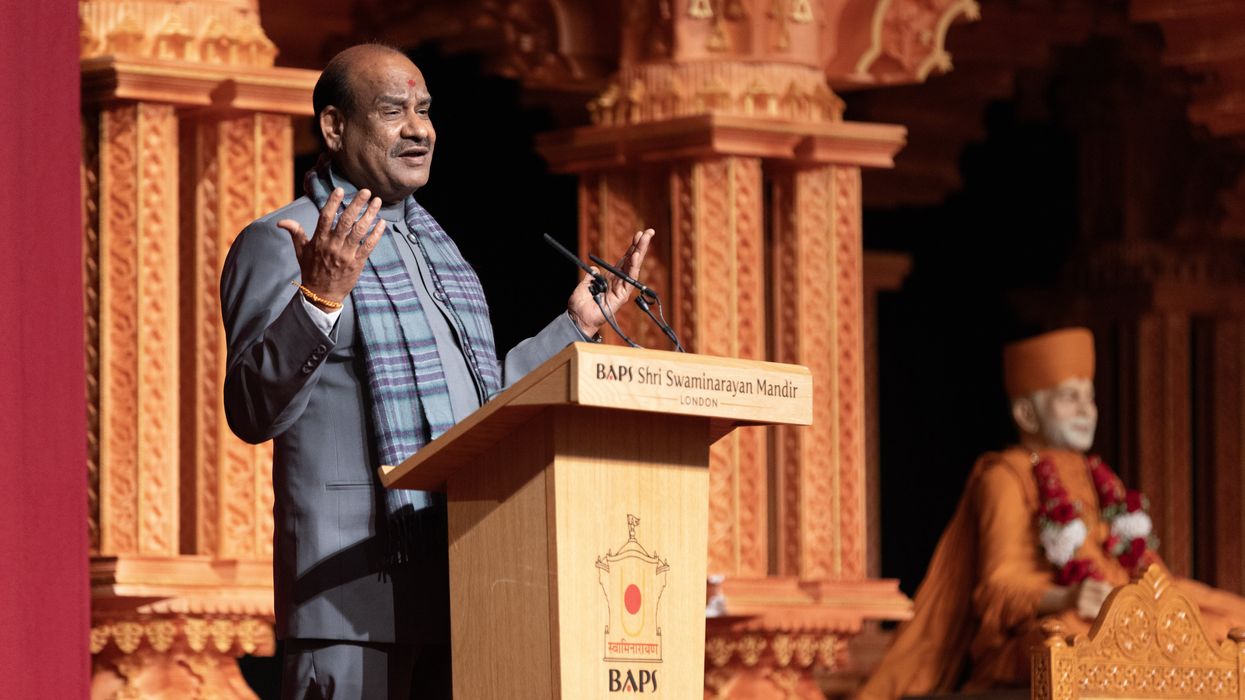PAKISTAN aims to raise up to $4 billion (£3.05bn) from Middle Eastern commercial banks by the next fiscal year, the country’s central bank chief told Reuters last Tuesday (27), as the country looks to plug its external financing gap.
In a wide-ranging interview, his first with any media organisation since taking office in 2022, State Bank of Pakistan governor, Jameel Ahmad, said Pakistan was also in the “advanced stages” of securing $2bn (£.52bn) in additional external financing required for International Monetary Fund (IMF) approval of a $7bn (£5.34bn) bailout programme, amidst financial challenges.
Pakistan and the IMF reached an agreement on the loan programme in July, subject to approval from the IMF’s executive board and it obtaining “timely confirmation of necessary financing assurances from Pakistan’s development and bilateral partners”.
Ahmad said he expected the country’s gross financing needs would be smoothly met – both over the next fiscal year and in the medium term.
In the past, Pakistan has relied on longtime allies such as China, Saudi Arabia and United Arab Emirates to ‘rollover’ debt rather than force a repayment crunch.
Ahmad said he expected similar assurances would be given for the next three years, giving the government more time to get its finances in order.
In addition, Ahmad said the central bank reckoned Pakistan’s gross financing needs for the coming years would be lower than the 5.5 per cent of gross domestic product (GDP) projected by the IMF in its latest country report in May.
“Pakistan’s external gross financing needs have been declining in the past few years,” he added.
“Since (the IMF’s) assessment was based on a higher current account deficit than realised in fiscal 2024 and now projected for the next few years, we assess the ratio of gross financing needs to GDP to be lower than the 5.5 per cent level.”
Asked about monetary policy, Ahmad said recent interest rate cuts in Pakistan have had the desired effect, with inflation continuing to slow and the current account remaining under control, despite the cuts.
Pakistan’s annual consumer price index inflation was 11.1 per cent in July, having fallen from highs of over 30 per cent in 2023. “The Monetary Policy Committee will review all these developments,” Ahmad said, adding that future rate decisions could not be pre-determined.
Pakistan’s central bank cut rates for two straight meetings from a historic high of 22 per cent to 19.5 per cent and will meet again to review monetary policy on September 12. There have been some concerns in markets that the government might take advantage of lower interest rates to borrow more, but the central bank chief said this was not his expectation.
“We understand that the government will continue on the path of fiscal consolidation, notwithstanding the reduction in interest rates,” said Ahmad.
Ahmad, who was appointed governor of Pakistan’s central bank for a five-year term in August 2022, said his first year had been “quite difficult”.
In 2023, Pakistan faced an acute balance of payments crisis with only enough central bank reserves to cover a month of imports.
After eight months of tough negotiations over fiscal discipline, the IMF threw Pakistan a lifeline in the form of a nine-month $3 billion bailout programme.
“Last year was much better,” said Ahmad. “Now everything is under control from an external account management perspective,” he said despite ongoing challenges
Ahmad said the central bank would now focus on growth, digitalisation and financial inclusion.
“Those are also equally important for job creation and other socioeconomic issues,” said Ahmad, noting the bank’s mandate was to ensure price and financial stability before shifting its focus to growth.




















